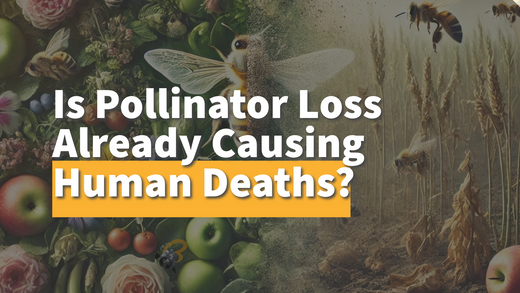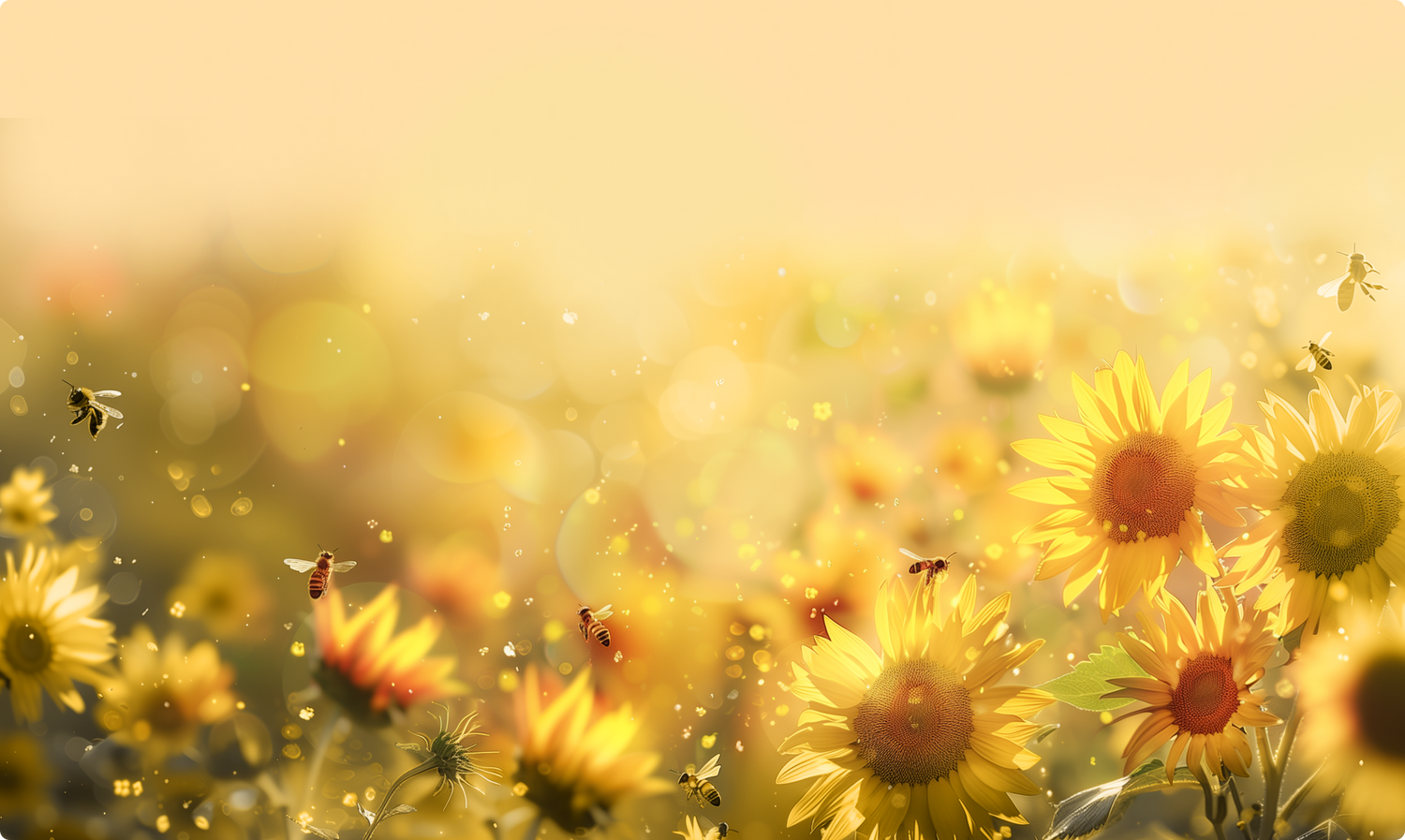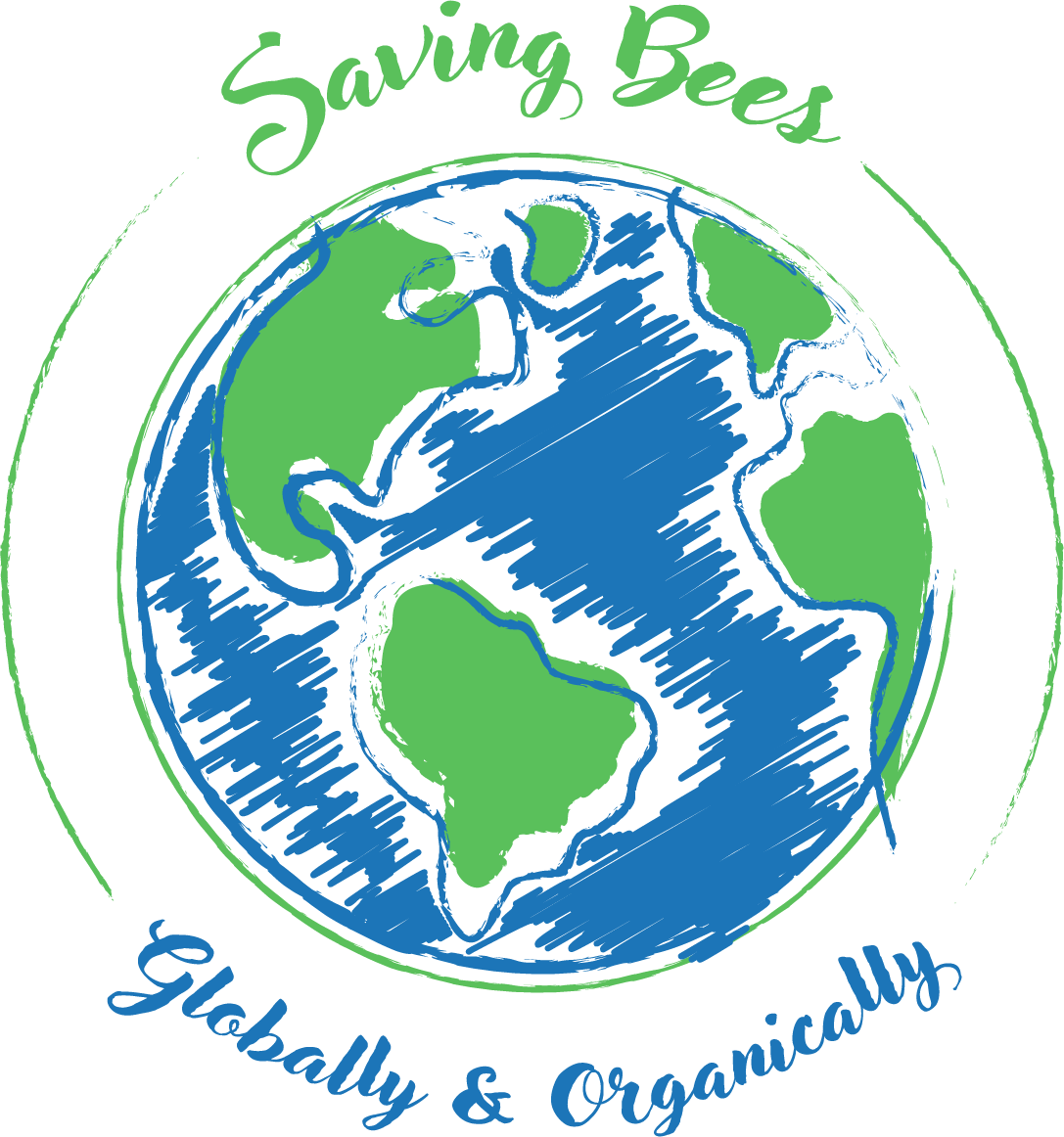
Is Pollinator Loss Already Causing Human Deaths?
Share
Many of us haven’t considered this before, but it’s a stark reality: without bees and wild pollinators, life as we know it cannot sustain itself—no pollinators, no food.
Now, alarming research suggests that this process may have already begun. Studies indicate that pollinator loss could already be responsible for millions of early deaths worldwide, as food production declines and nutrition suffers.
In an article in Common Dreams, Amy van Saun, senior attorney for the Center for Food Safety, commented on a study published in Environmental Health Perspectives that reported the loss of pollinators throughout the world has caused half a million early deaths each year due to the reduction of the global supply of foods dependent on pollination.
Van Saun highlighted that the crisis is linked to "an overwhelming number of scientific studies" demonstrating the decline in bee populations as being directly tied to their exposure to toxic chemical pesticides. Many of these pesticides have long-term detrimental effects on bees and pose significant risks to ecosystems.
The Impact of Insufficient Pollination
In the 2022 study, researchers created a model that demonstrated the devastating impact insufficient pollination has on global human health. The researchers also estimated the effects on inter-regional trade and conducted a comparative risk assessment on dietary changes and mortality by country.
The data revealed that between 3% and 5% of fruit, vegetable, and nut production has already been lost. This decline has led to an estimated 427,000 excess deaths each year due to reduced nutrition and increased rates of associated diseases.
Interestingly, the model showed that the highest impact on consumption and mortality occurred in middle- and high-income countries, where there is a higher prevalence of non-communicable diseases. Meanwhile, low-income countries experienced significant losses in income and crop yield.
Key Findings from Harvard University
The study, conducted by Harvard University's TH Chan School of Public Health, is titled “Pollination Loss Removes Healthy Foods from Global Diets, Increases Chronic Diseases Causing Excess Deaths.” Samuel Myers, principal research scientist in planetary health at the Department of Environmental Health and senior author of the study, explained:
“A critical missing piece in the biodiversity discussion has been a lack of direct linkages to human health. This research establishes that loss of pollinators is already impacting health on a scale with other global health risk factors, such as prostate cancer or substance use disorders.”
The study, published on December 14, 2022, in Environmental Health Perspectives, further reports:
“Increasing human pressure on natural systems is causing alarming losses in biodiversity. This includes 1-2% annual declines in insect populations, leading some to warn of an impending ‘insect apocalypse’ in the coming decades. Key among insect species are pollinators, which increase yields of three-fourths of crop varieties and are critical to growing healthy foods like fruits, vegetables, and nuts. Changes in land use, harmful pesticides, and advancing climate change threaten wild pollinators, imperiling the human supply of healthy foods.”
For more on this study, visit: Harvard News - Pollination Loss.
Take Action: Join the 4RBees Movement
These facts and research studies highlight the urgent need for 4RBees to significantly expand its biodiversity initiatives—and we need your help!
Please consider joining the 1000 Bees a Month Club or making a one-time donation to support our cause. This crisis has already become a matter of life and death, but together, we can make a real difference.
Let’s create a better world now and for generations to come.
Thank you for supporting 4RBees.
Infinite gratitude and light,
Jake and Brent



